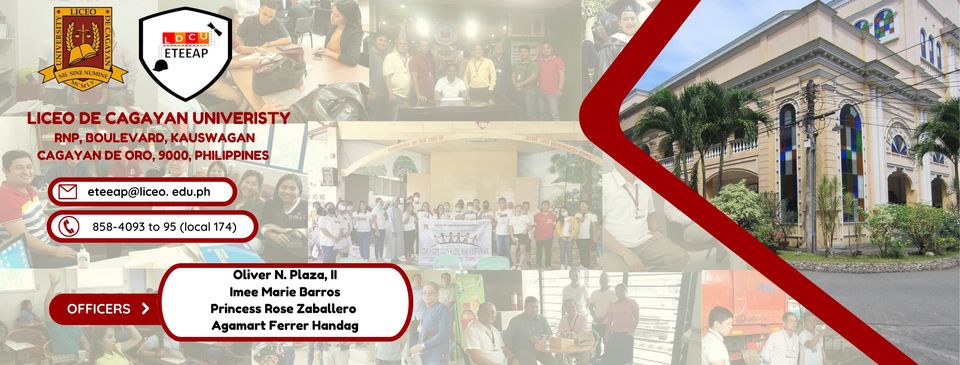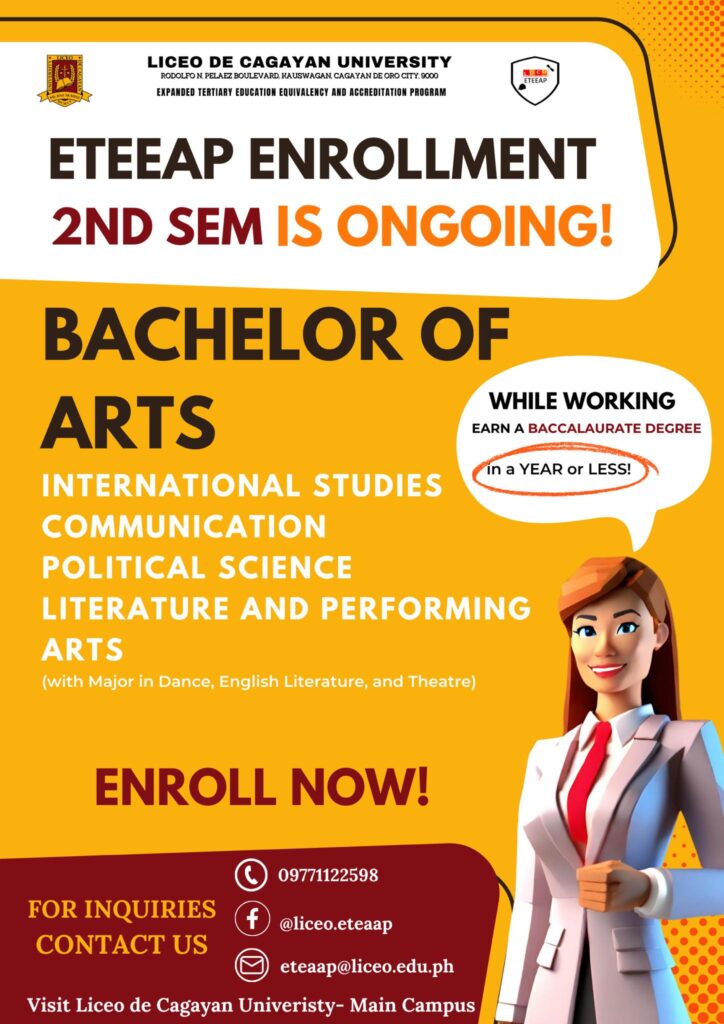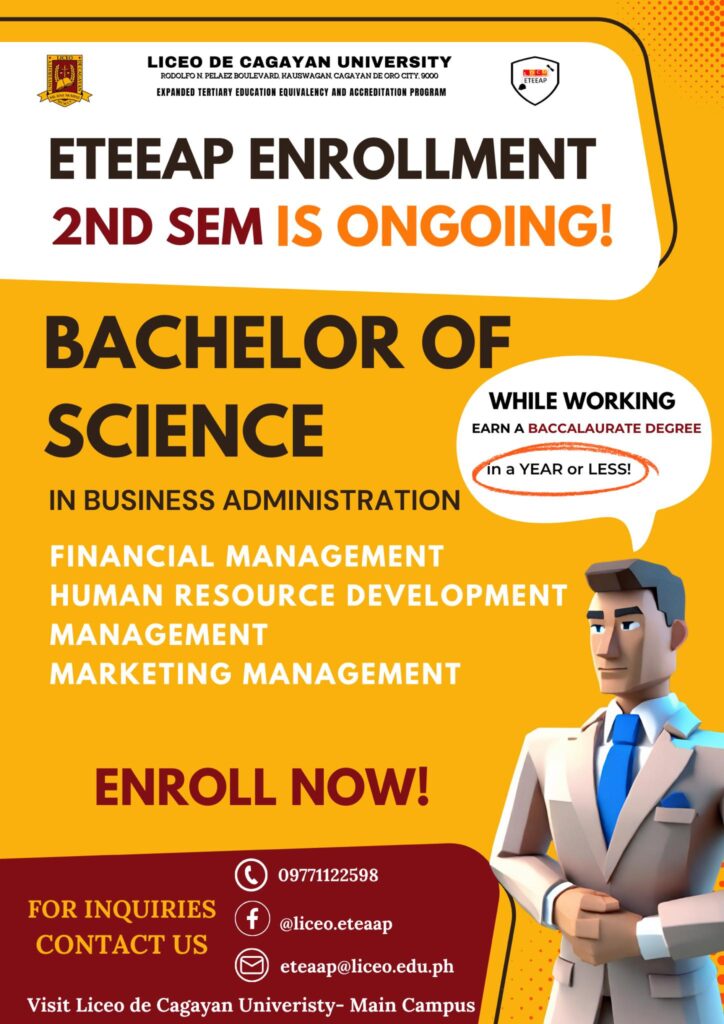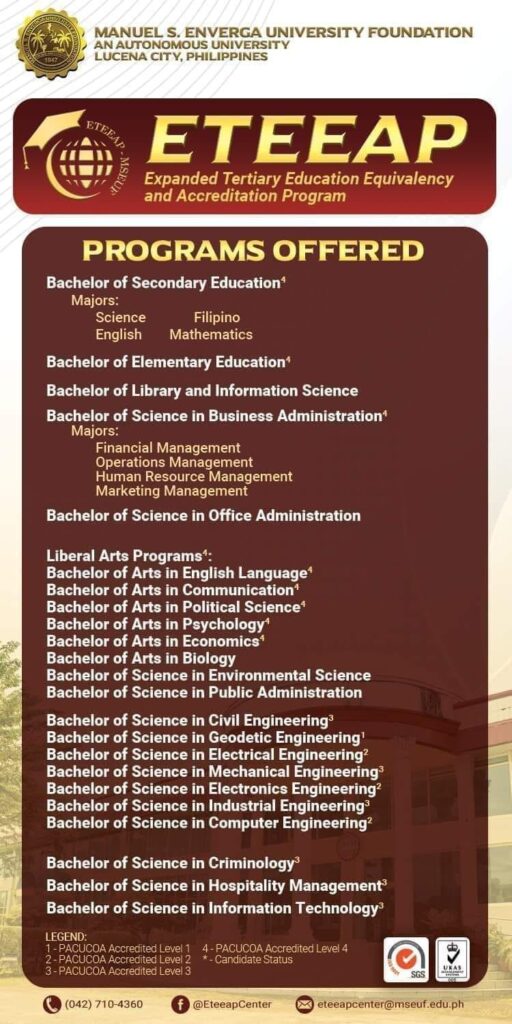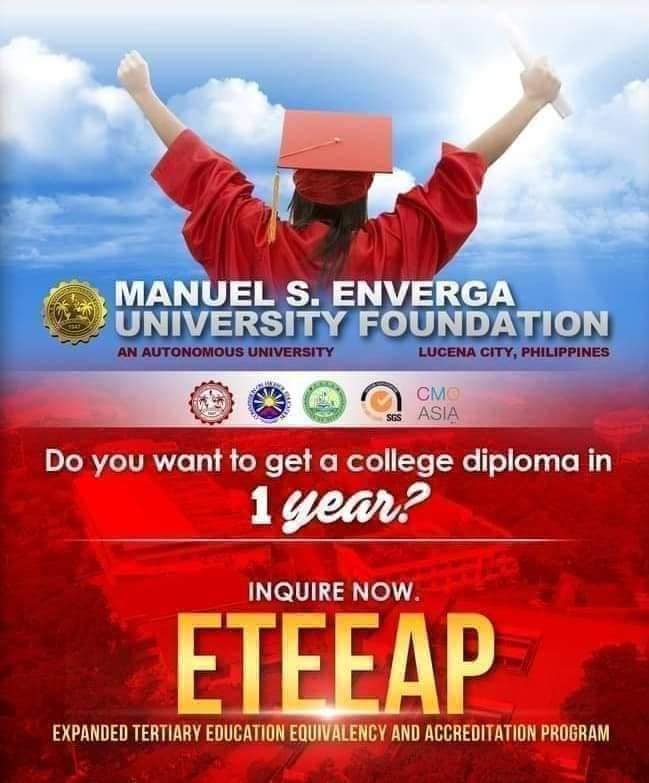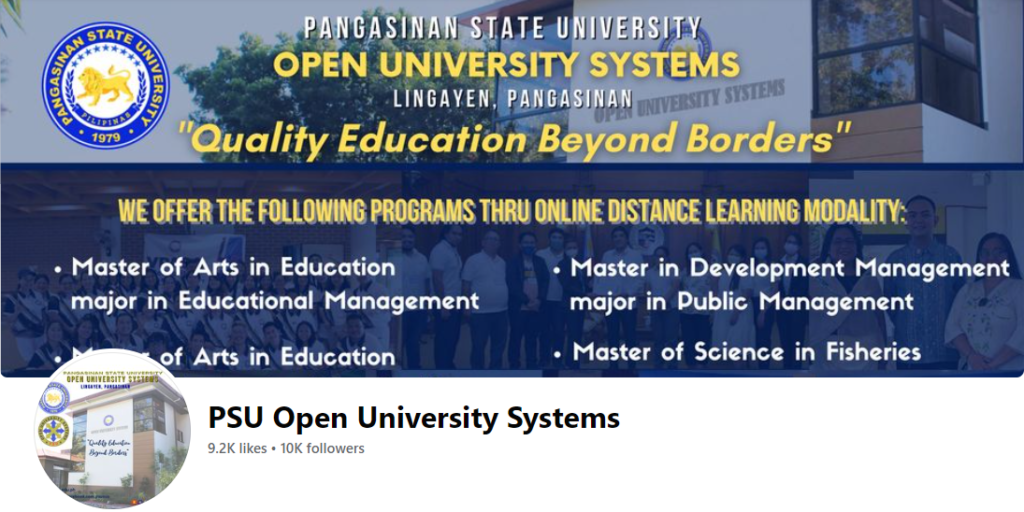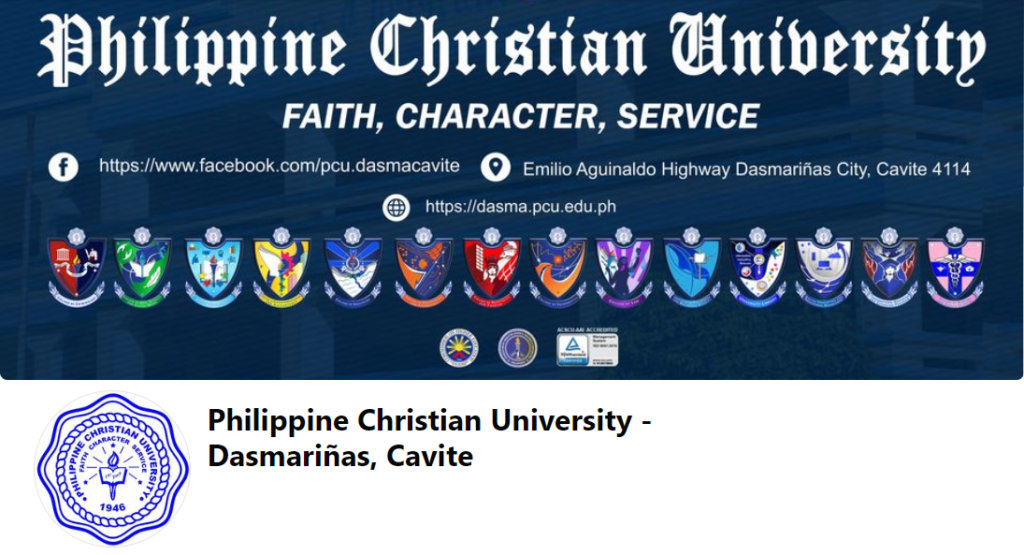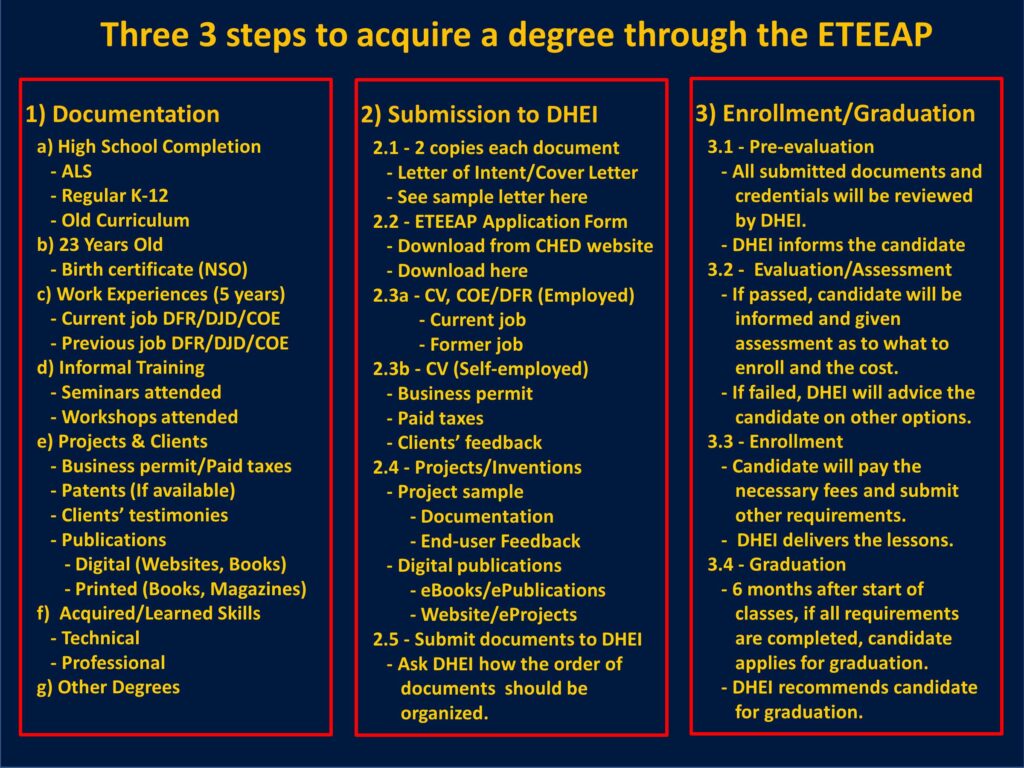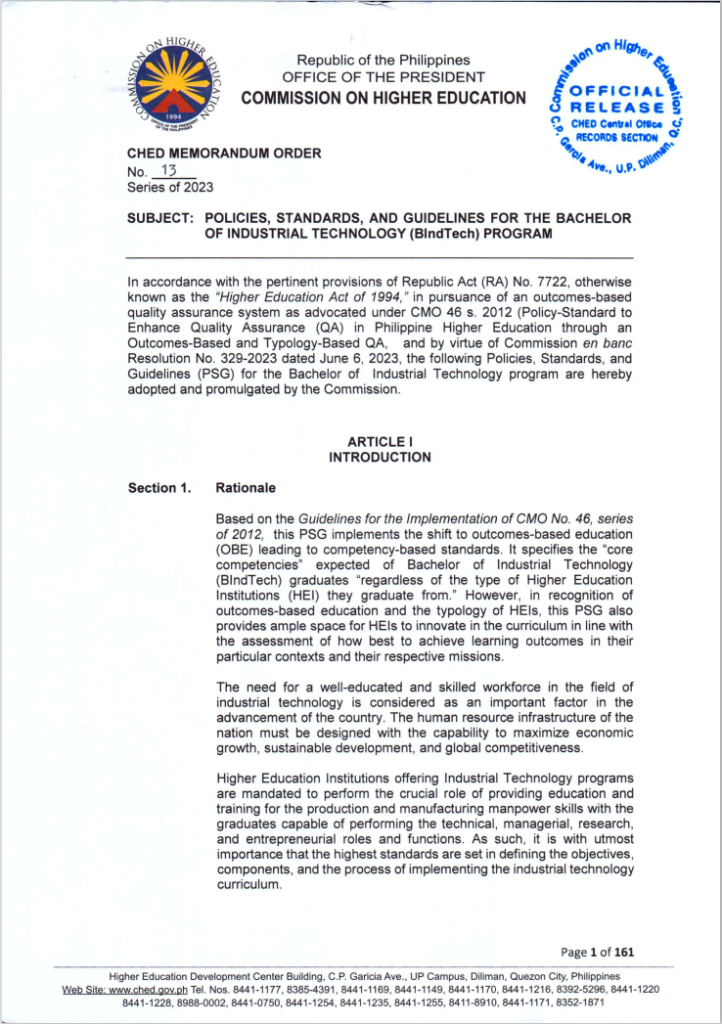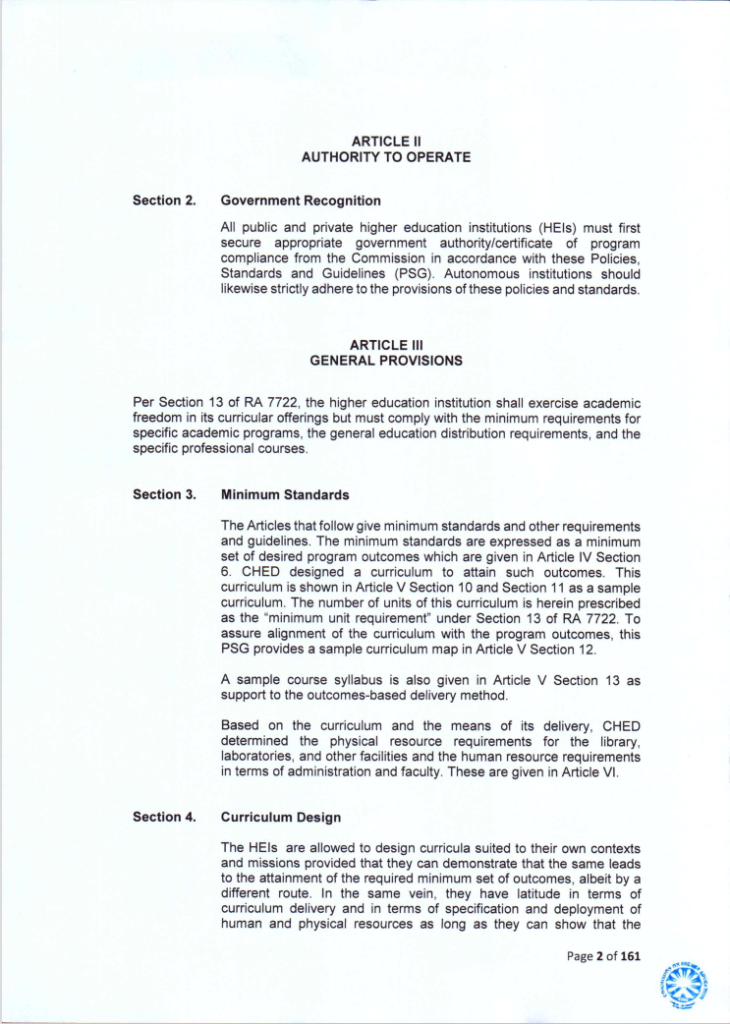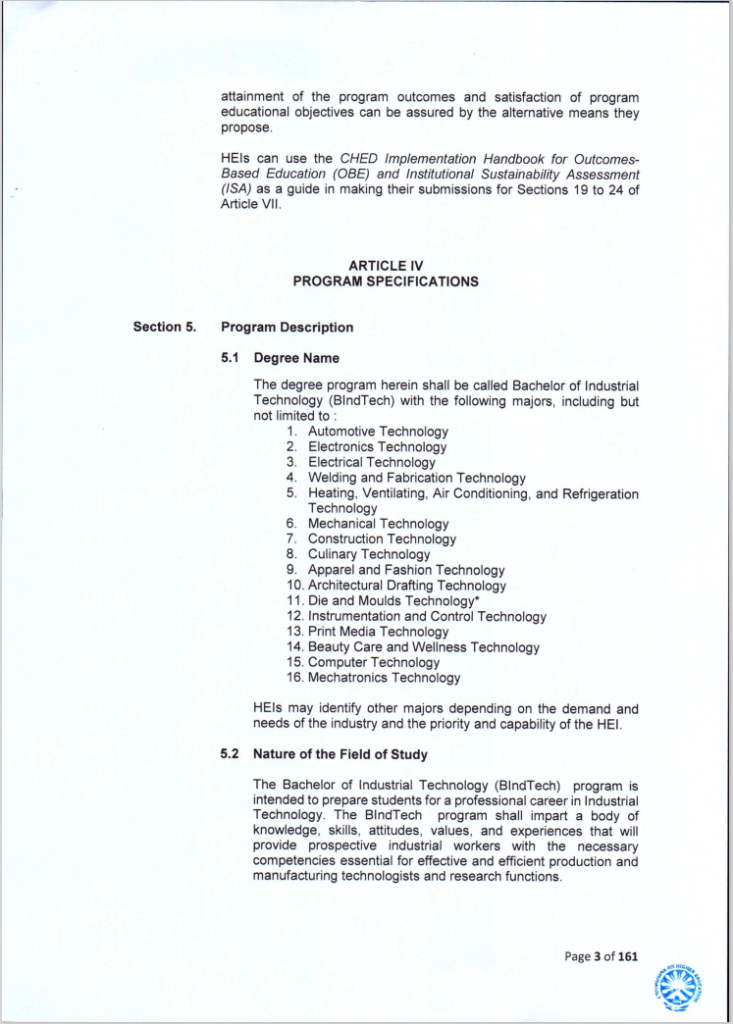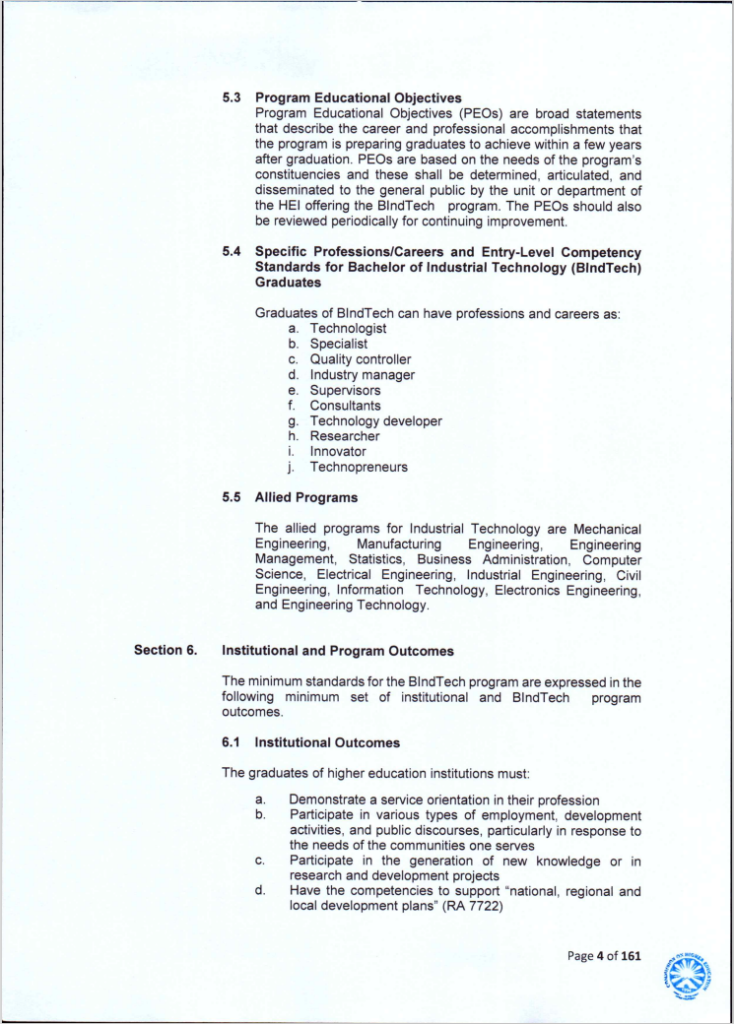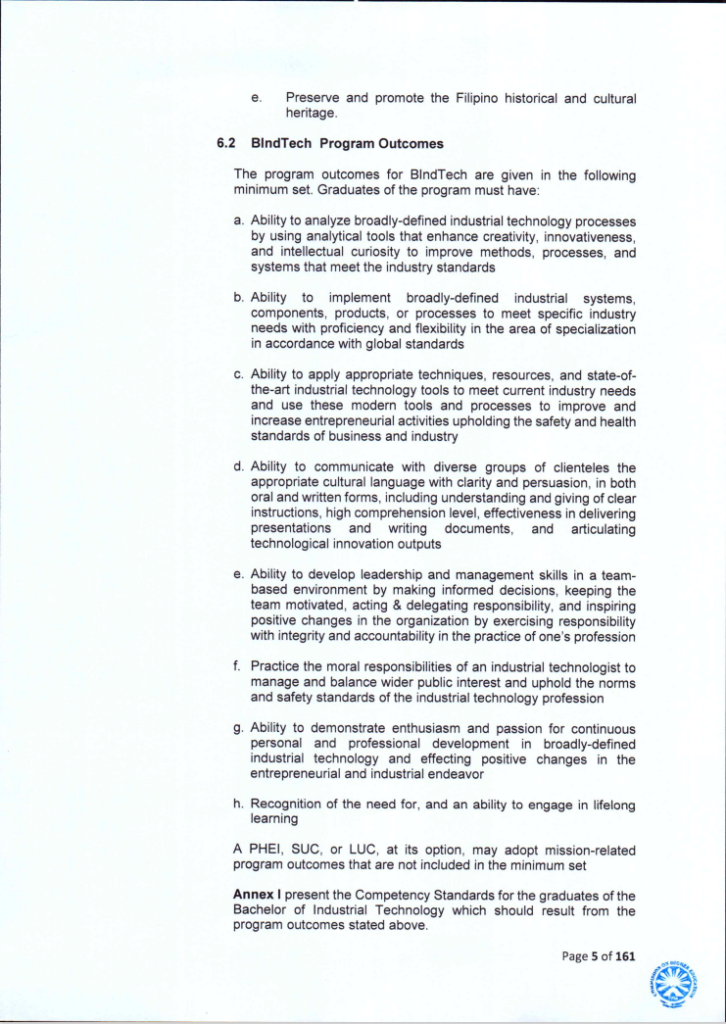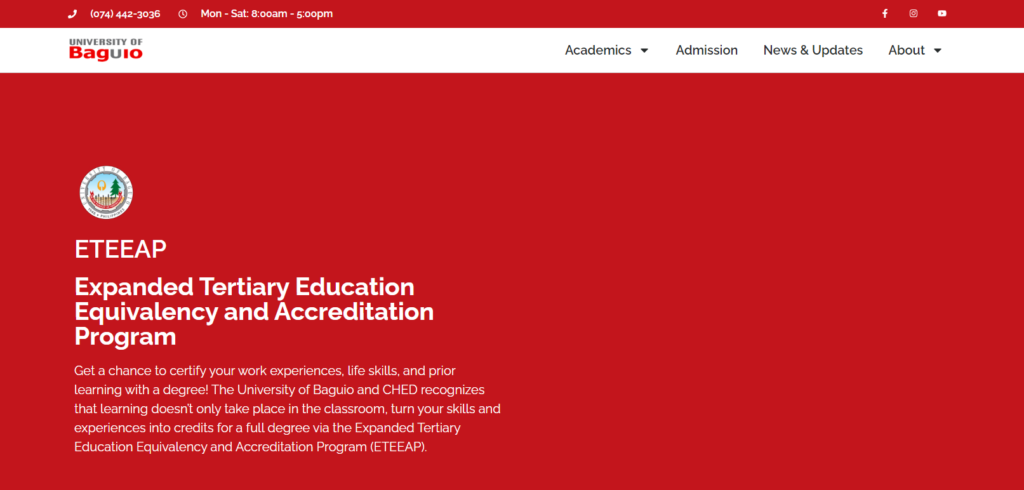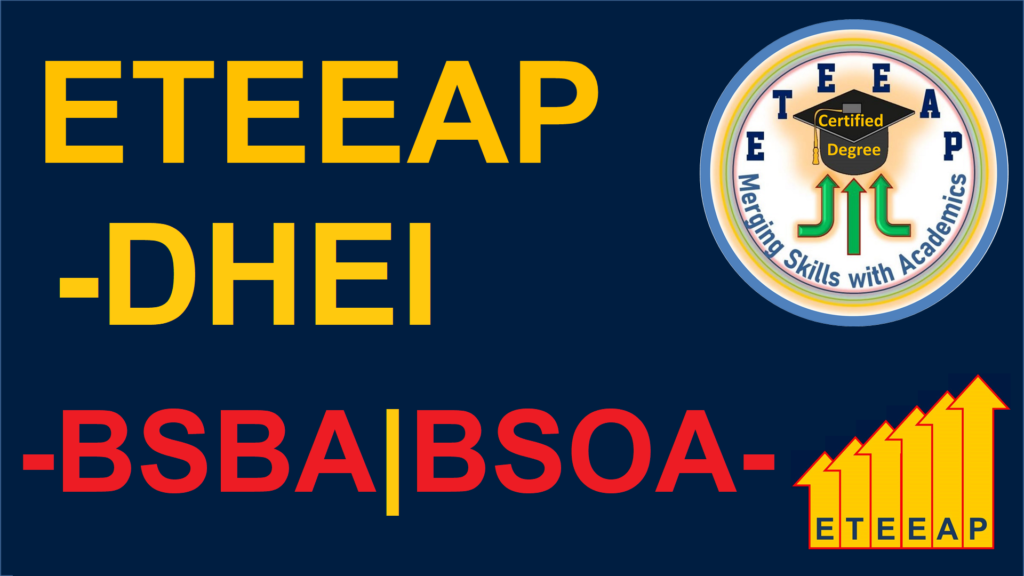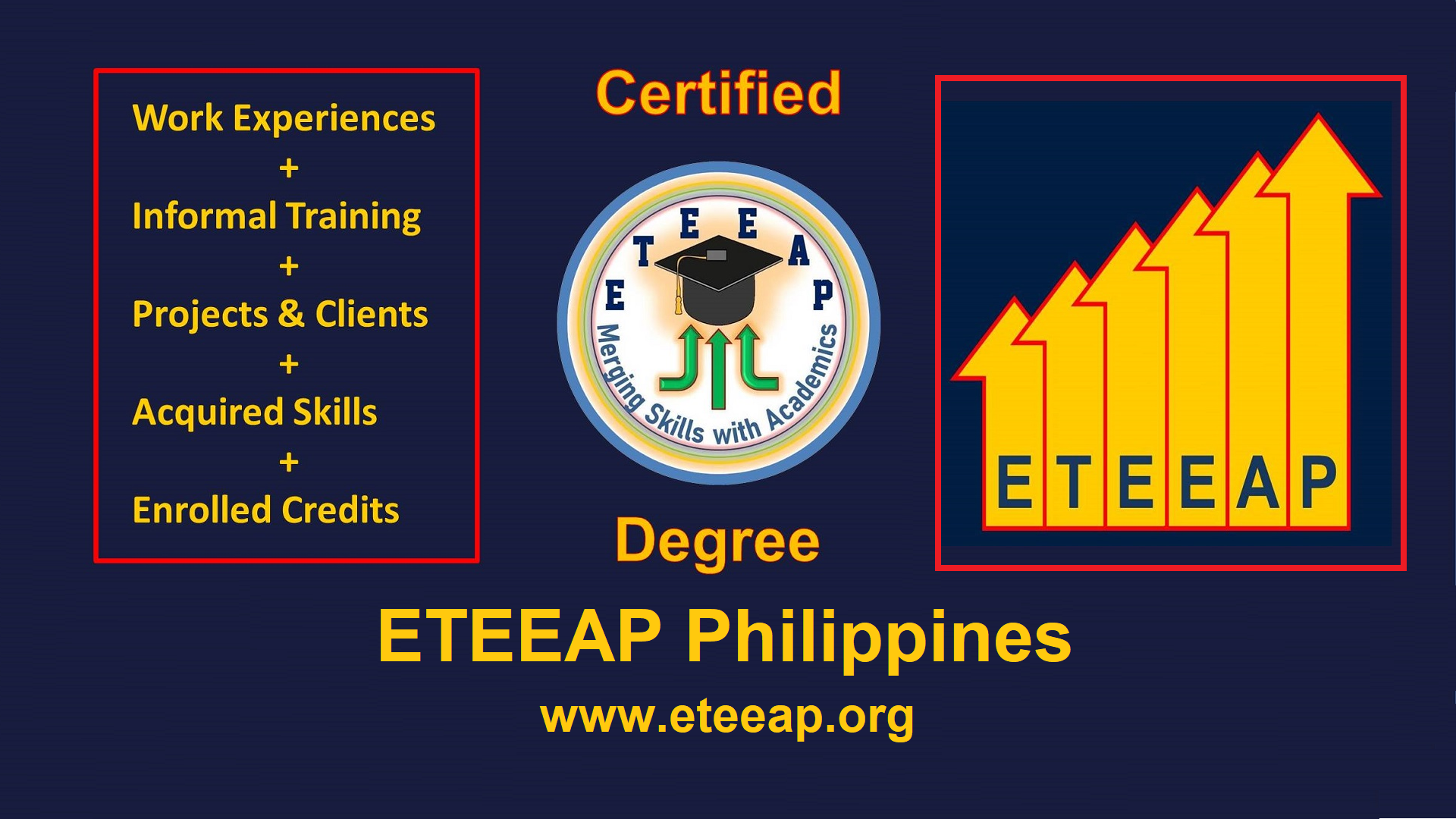We are delighted to announce that we made an arrangement with the PSU-Asingan ETEEAP focal person to provide assistance to those who wish to enroll at their campus.
PSU had a special way of accommodating inquiries by not putting unnecessary burden to their applicants. Earlier, they were doing a favor in your behalf by printing the electronic copies (soft copies) of applicants that were sent to them by email, binding them and submitting these to their evaluation team. This they were doing for free. However, these needed tasks are supposed to be the applicant’s responsibility as policy. Such extra task can no longer be accommodated by their ETEEAP staff and their facility.
With the above situation, we had to setup an arrangement to help their interested applicants and enrollees who cannot print their documents, as well as shipping them to PSU is a complicated process for them. These services will benefit OFWs and other local applicants who have no printing facilities and where shipping documents to PSU may take longer, pose the risk of loss along the way as well as other factors.
The said arrangement can help you in the following aspects:
- Saves time in printing your documents.
- Protect your original documents from getting lost.
- Saves money and time on notarization of your documents. PSU does not require notarization of documents.
- Saves time and money on shipping your documents.
- Assurance that all required documents are submitted, and you are given proper advice on what to submit as well as those you still need to submit.
- Eliminates submission of hard copies of your documents.
Before you move on, please read the following:
Accountability release: We would like to repeat that this proposal and offer is not sanctioned by PSU or any other school that we made agreement with. It is our own project. We just want to clear PSU of any responsibility, although they allowed us to come up with these services.
Second, this does not guarantee your automatic enrollment with PSU, or other schools we are (or will be) working with. This is just one process of your application, and the rest of the procedure still depends on you.
Now let’s go back to the services that we are offering.
Here is the procedure:
- A fee of PHP 2,000.00 is required for these services. This is paid upon confirmation that you want to avail of our services. Please see additional procedure below.
Important (Please read these first):
a) Please fill up the Applicant Declaration Form below to signify your acceptance and agreement with the terms and conditions of these services. You will also find the instruction on how you will pay the service fee in that form.
b) Please ensure that your work experience or background is properly aligned to PSU’s offered degrees under the ETEEAP (You can see their offered degrees along with the requirements below). If you realize that this is not the case after your payment has been made and you request for a refund, we will only send 50% back to you.
c) If your experience is aligned with PSU’s program and after payment you decide not to continue for any reason, we will not refund but your application will be put on hold or pending until you are ready to continue. - After payment, please send the confirmation to this email address: psu@eteeap.org
We will provide another link to a form which will guide you throughout the whole process of submitting all your documents electronically for pre-evaluation. We will then print your documents, organize, bind and forward them to PSU if they are complete, otherwise we will advise you on any lacking documents/requirements.
Please note: You are given two weeks to complete the Document Submission Guide form and upload your documents to Google Drive as instructed in the form from the time it was shared with you. If such was not accomplished during the said period, your payment will be considered dormant and inactive and the fee cannot be refunded. You can resume your application by sending us message if you are ready to proceed again. No additional fee will be required when you resume.
– - Either you pass or fail the pre-evaluation, we (or PSU) will inform you.
Please note, however, that we cannot control and cannot provide timeline on how long the pre-evaluation will take, as this is dependent on the current activities of the school. It may be between three days and three months to know the result.
–
Here are the conditions on either scenario:
– If you pass the pre-evaluation, you will be informed by either PSU or us and further instructions will be provided on the next step you need to take at your end to complete your enrollment.
– If you fail the pre-evaluation, we will advice you if you only need to submit additional requirements and help you how to avail of them to achieve the required score you need.
– - If at this time you fail but eventually want to re-apply after securing additional requirements, we will accommodate you and you will only be required to pay 75% (1,500.00).
Applicant Declaration Form
If you agree with the above terms and conditions, please open and carefully follow the instructions in the form on the link below. Please click/tap on the link below.
Please click/tap on the link
PSU’s offered degrees under the ETEEAP
- Bachelor of Secondary Education
Major in:- Mathematics
- Science
- English
- Filipino
- Social Studies
- Bachelor of Elementary Education
- Bachelor of Industrial Technology
Major in:- Mechanical Technology (For factory machinists and drivers)
- Automotive Technology (For machinists and drivers)
- Electronics Technology (Covers both electronics and computer technology. Also for those with backgrounds in semiconductor companies)
- Electrical Technology (For electricians and electrical technicians)
- Food Service Management (For those who work in restaurants, resorts, canteens, etc.)
- Garments and Fashion Design (Garments factory workers and tailoring/sewing shop owners)
- Civil Technology (For carpentry and civil maintenance work background)
- Drafting Technology (For those who work as draftsmen in the engineering field)
Here is the list of requirements you need to prepare:
- Application Letter (Sample here – https://eteeap.org/appltr)
- Filled up and signed application form (Download here – https://eteeap.org/appform)
- Detailed CV or resume (Sample here – https://eteeap.org/cv)
- Birth certificate (Proof of your citizenship)
- ID (Passport, Driver’s license, etc.) Driver’s license earns some points.
- For female applicants (Surname discrepancy proof – Marriage certificate, etc.)
- High school documents
- COE of all relevant employees (Sample here – https://eteeap.org/coe)
- Recommendation letter from employer
- DFR of all relevant employees if details were not provided on the COE
(Sample here – https://eteeap.org/dfr). If not available your contract and email confirmation of your employment. - OFW documents/contracts/visa/employment certificates. These items can earn evaluation points.
- Informal training certificates
- Other degree certificates and OTR/TOR and certificate/diploma (If applicable)
- Training/Seminar certificates provided or sponsored by your employer
- Other training certificates
- College degree certificate and OTR/TOR (If applicable)
- Other relevant documents related to the field you are applying for.
Note: 1 year in addition to the minimum 5 years work experience in the field you want to apply for ETEEAP earns one point.
If you want to learn more about PSU and their program you may visit their page on this link: https://eteeap.org/psu
For questions and needed clarifications, please go to our comments page here.
Please click/tap here to our comments page.

